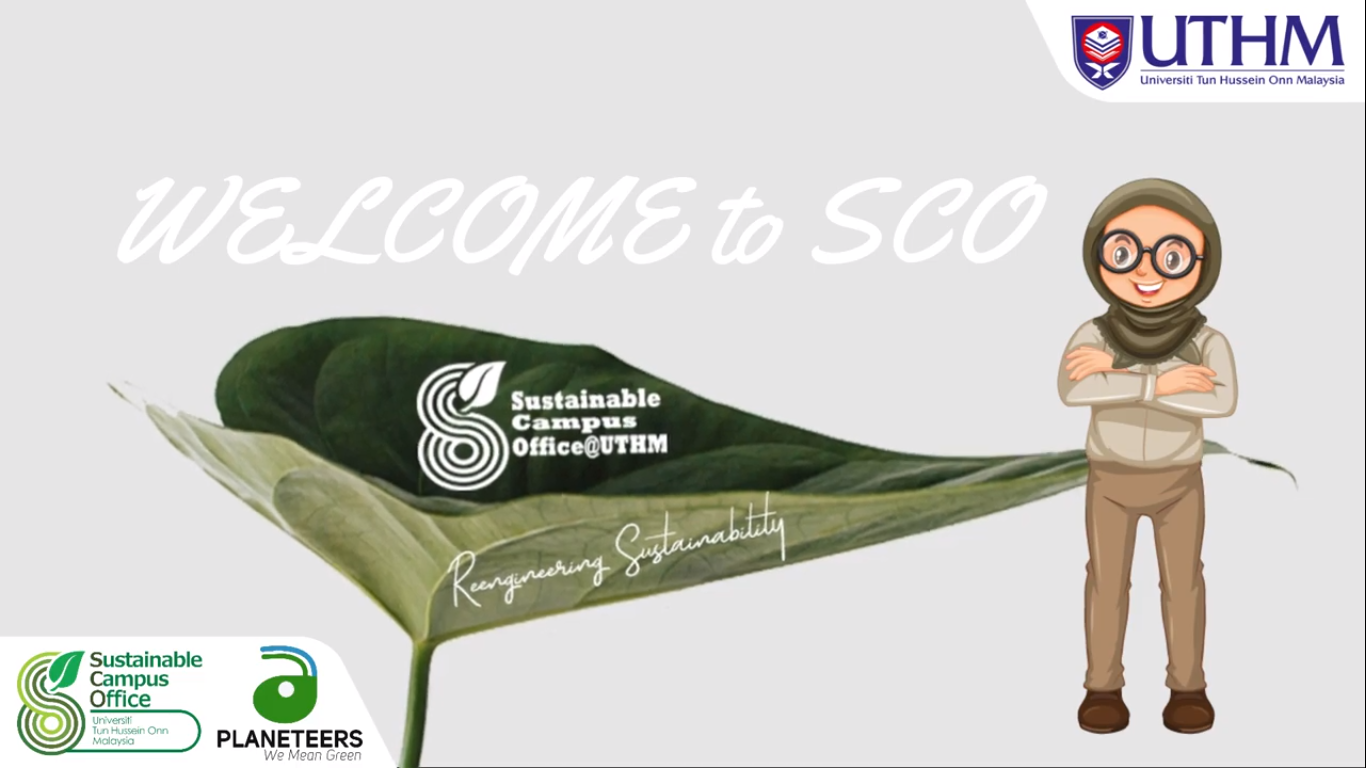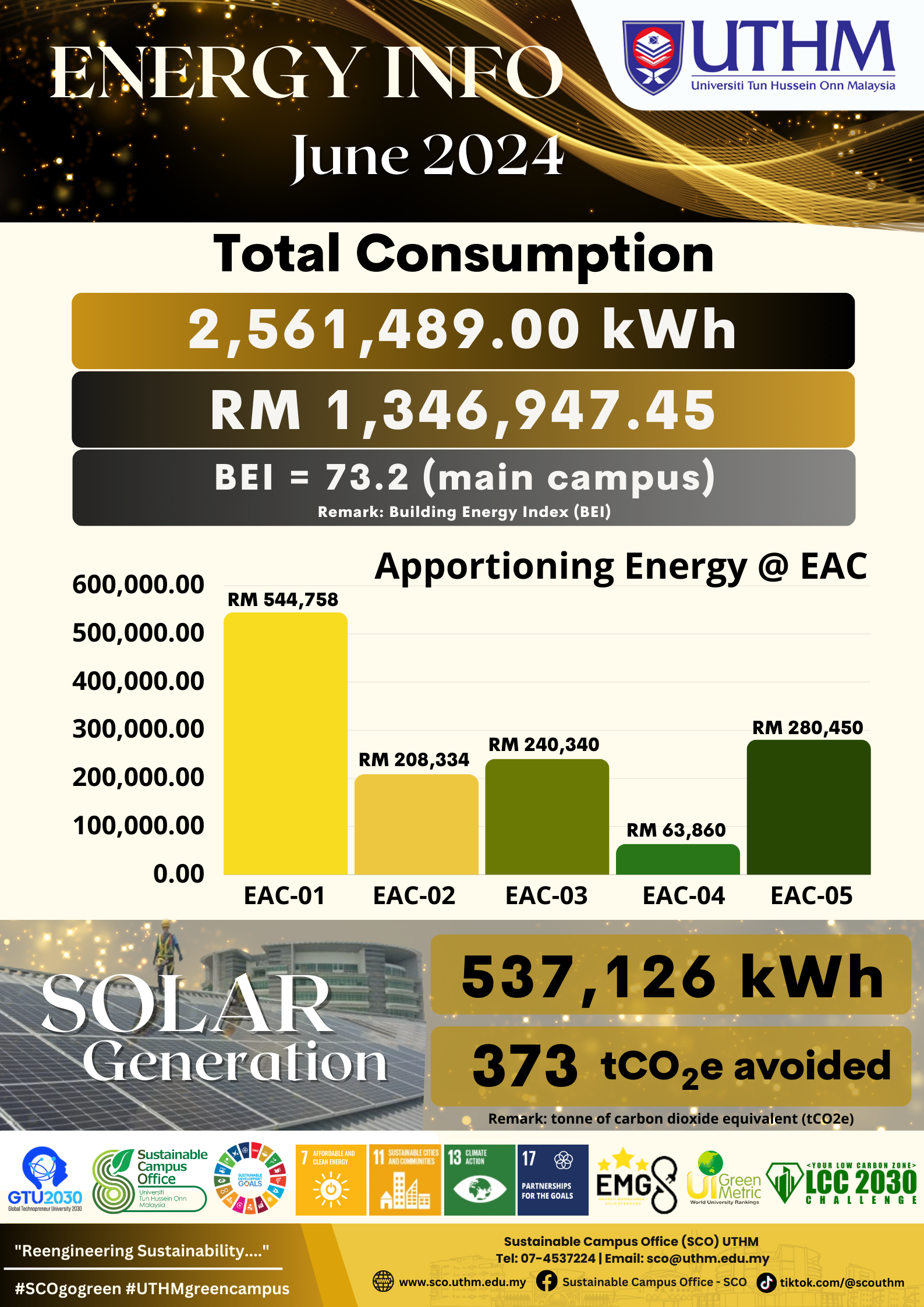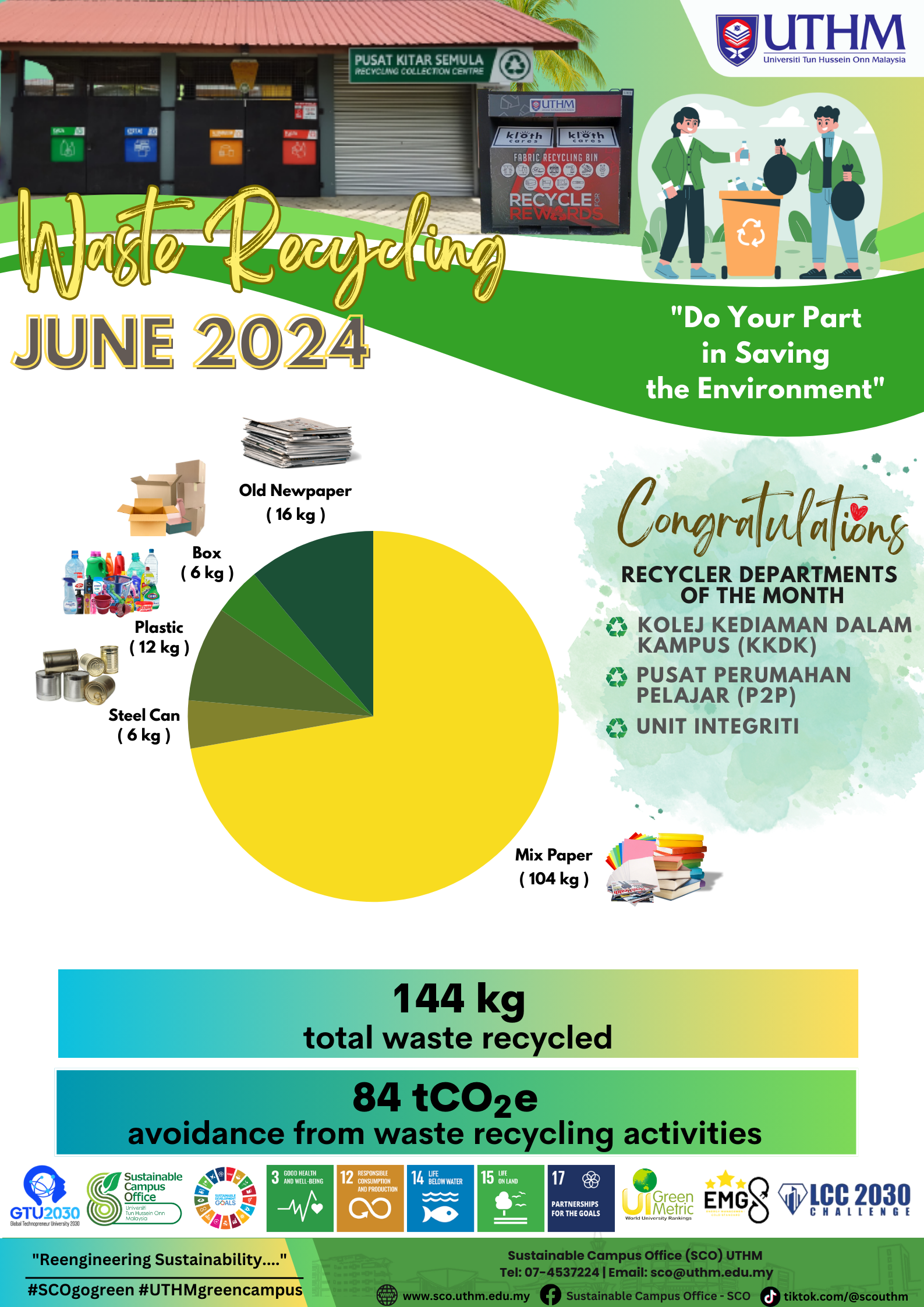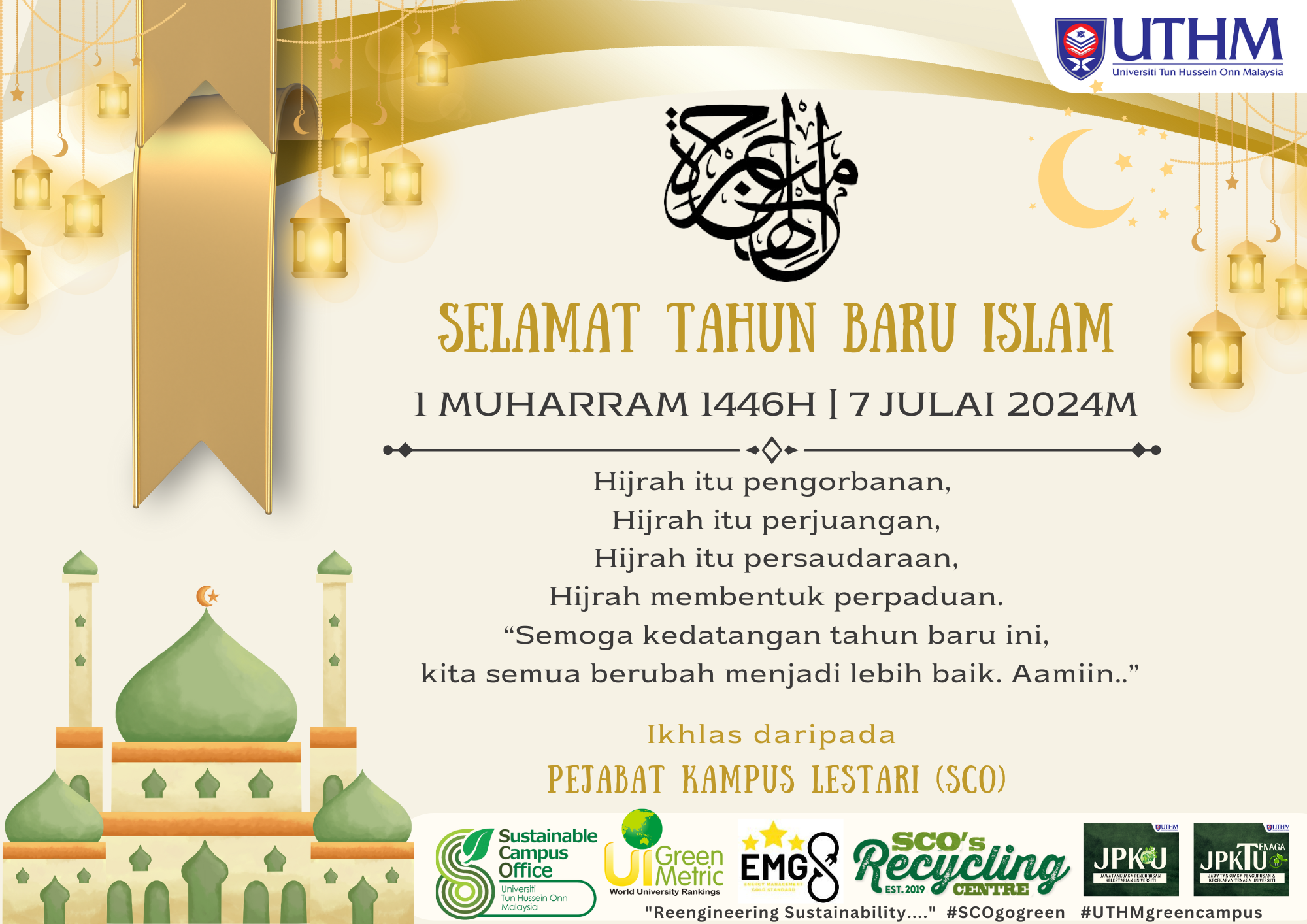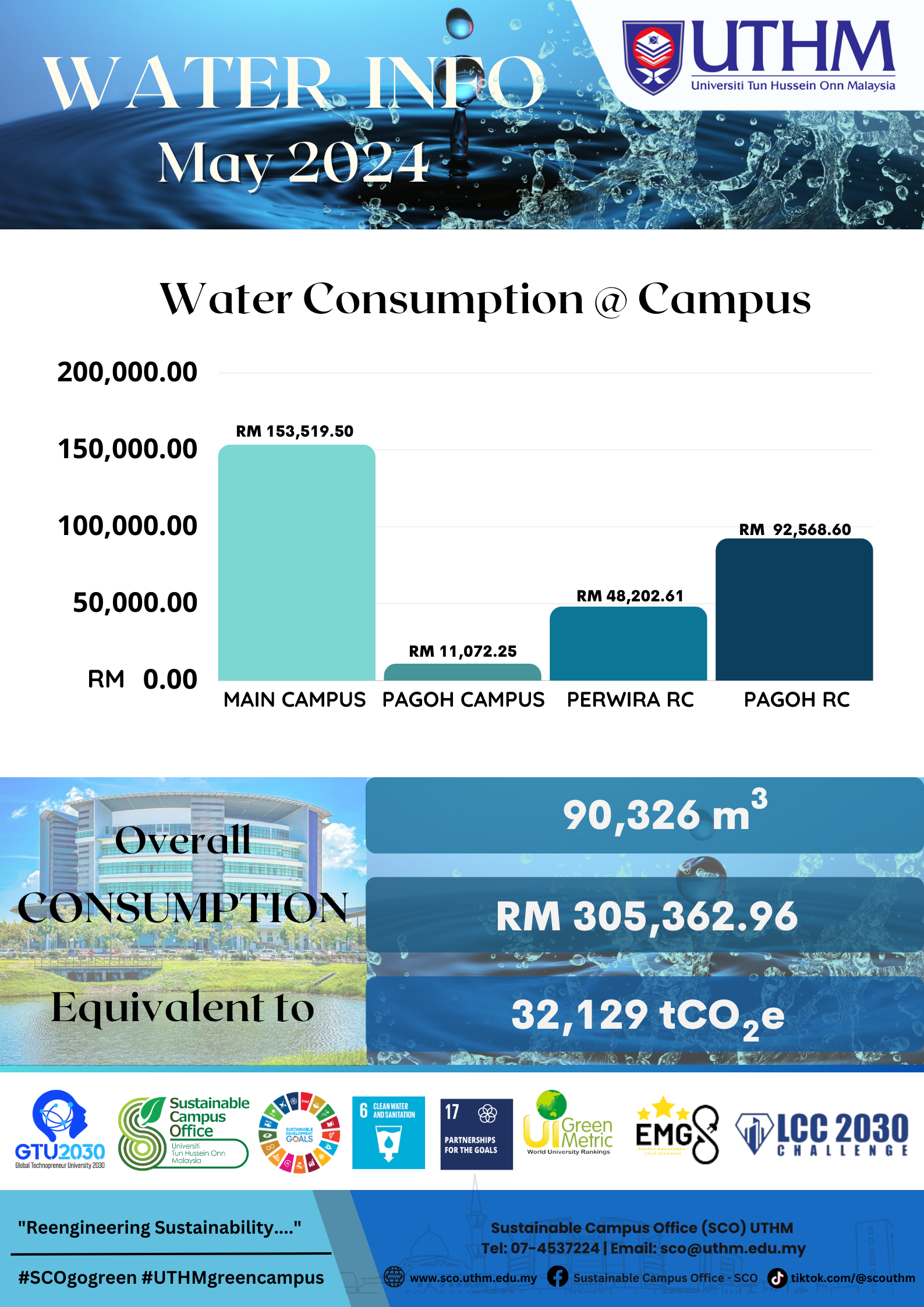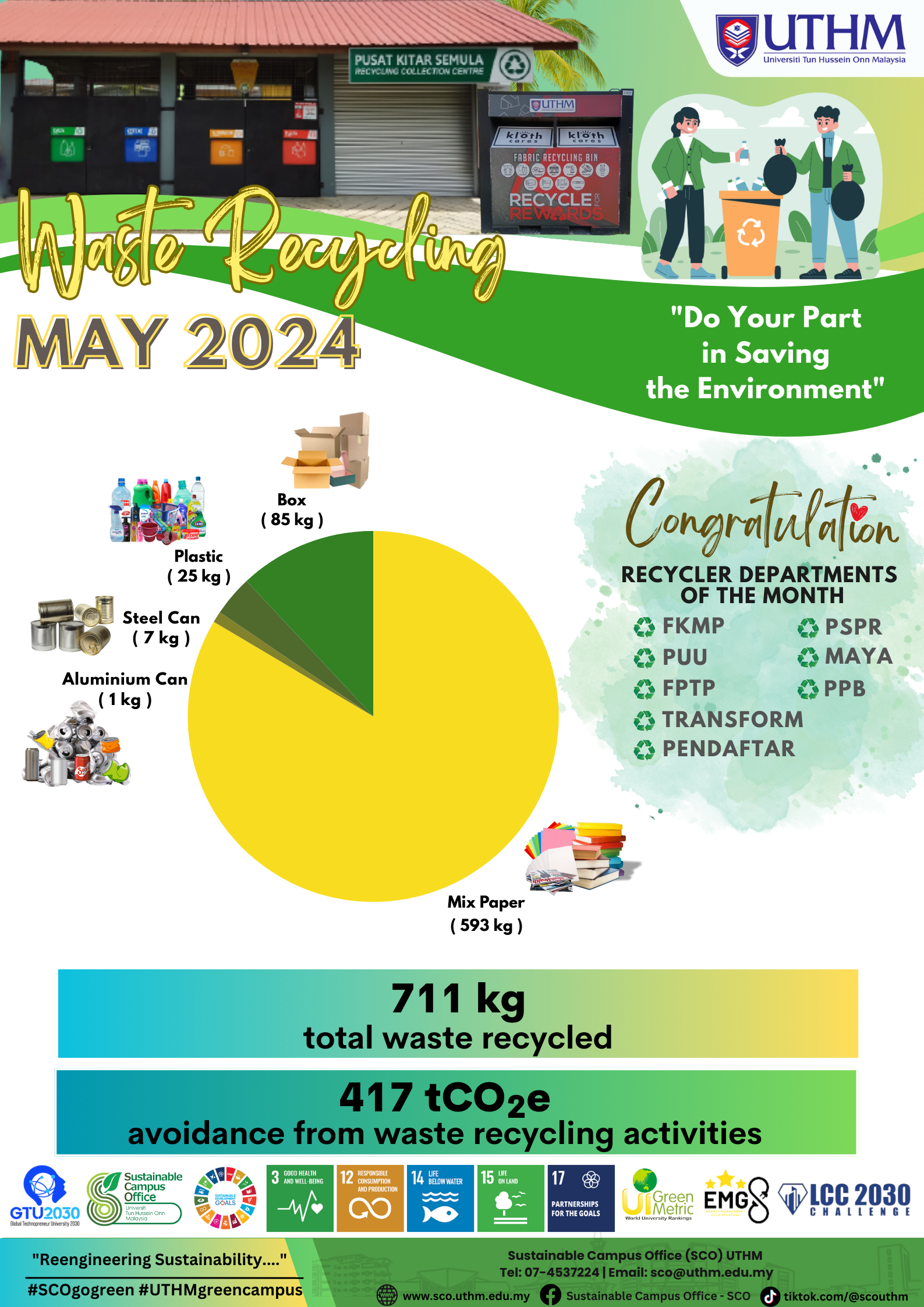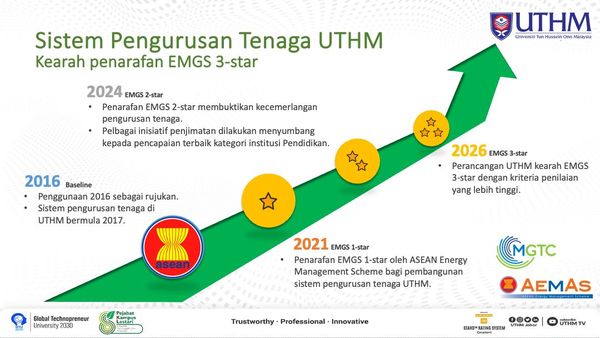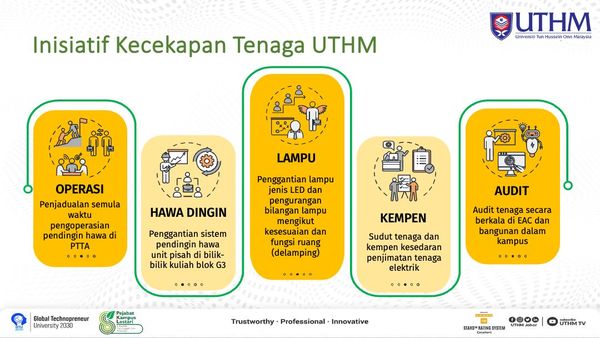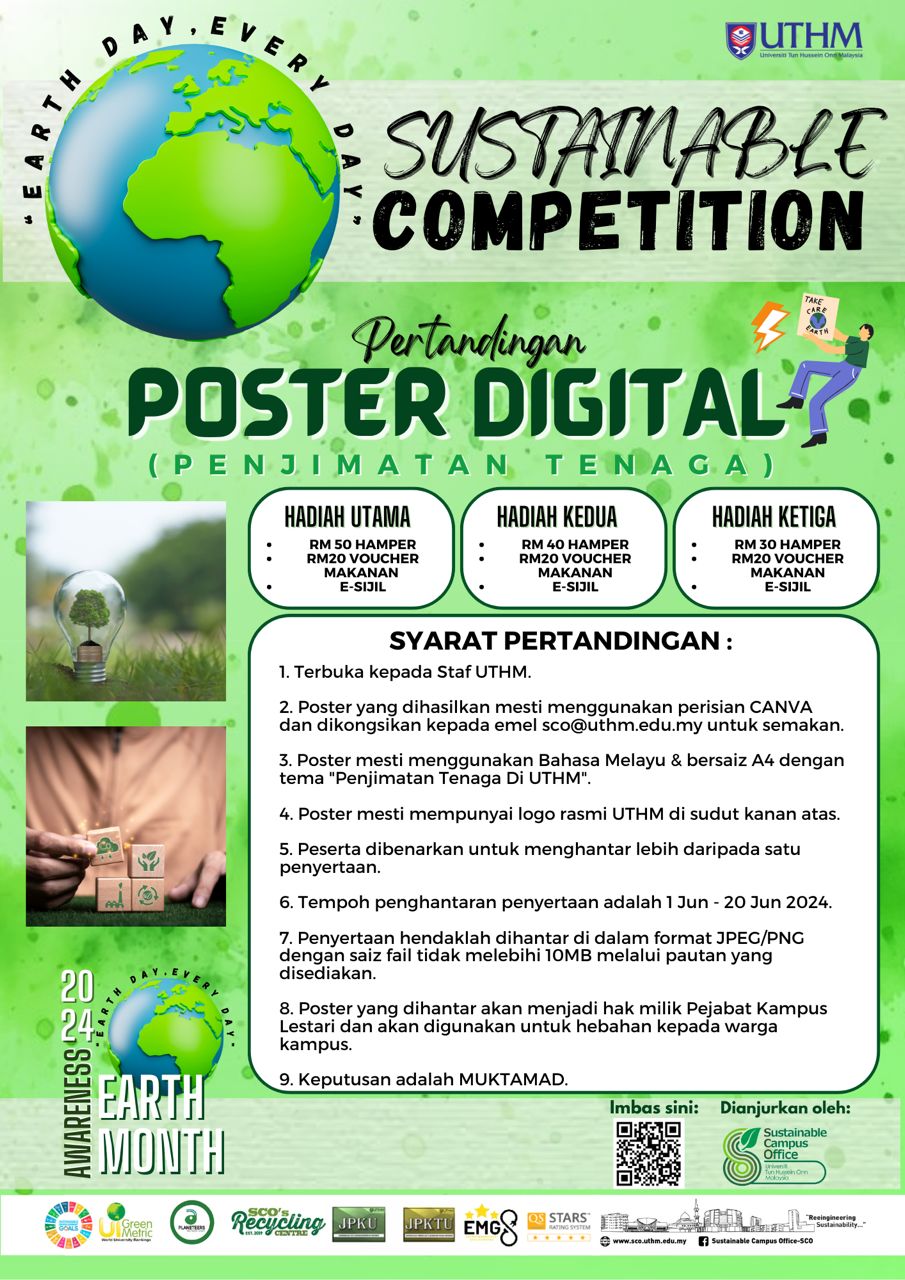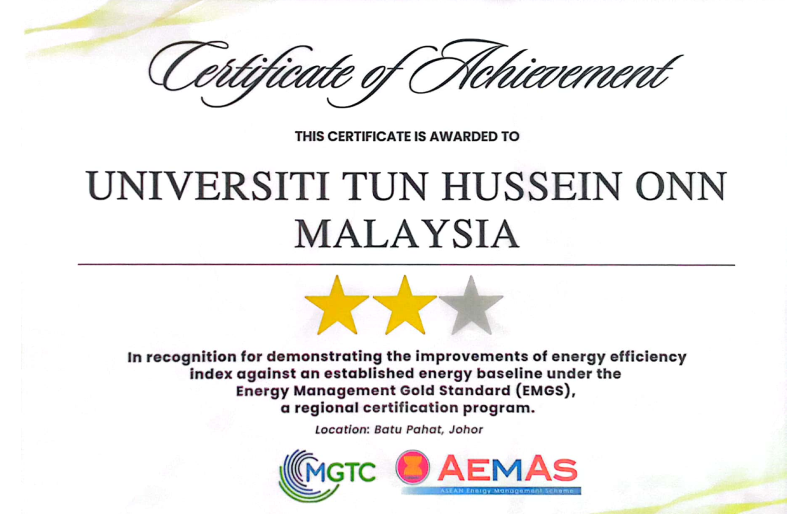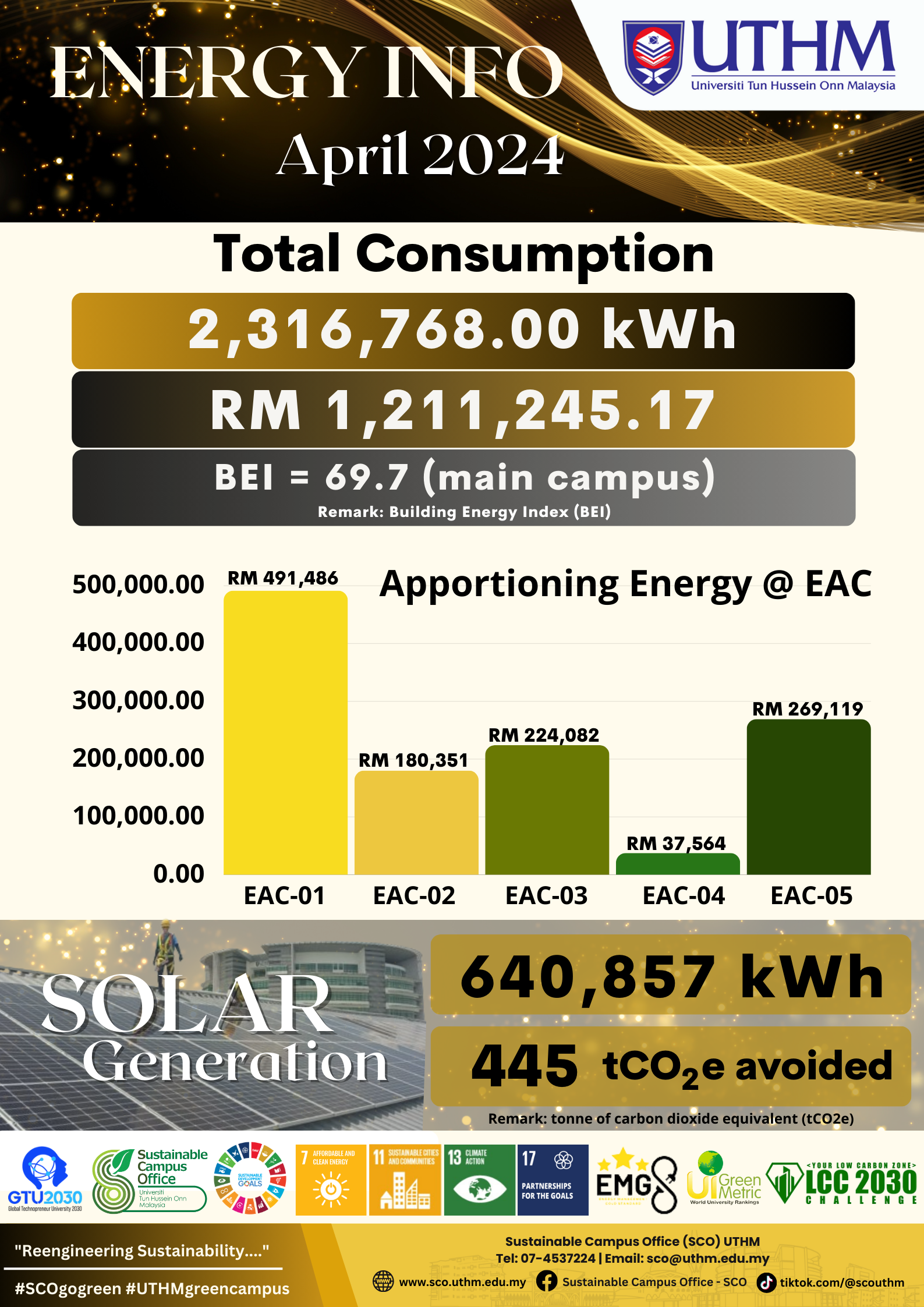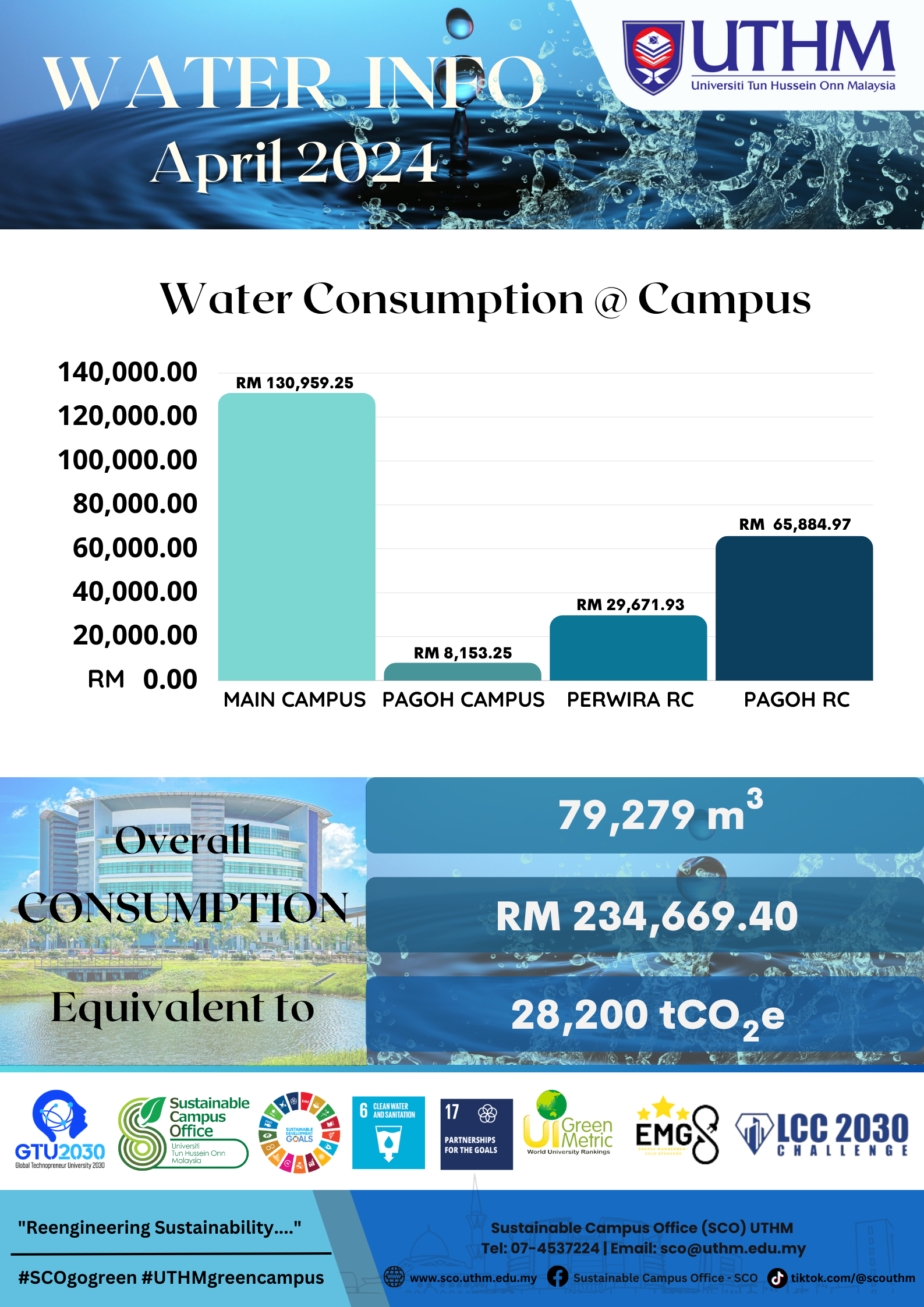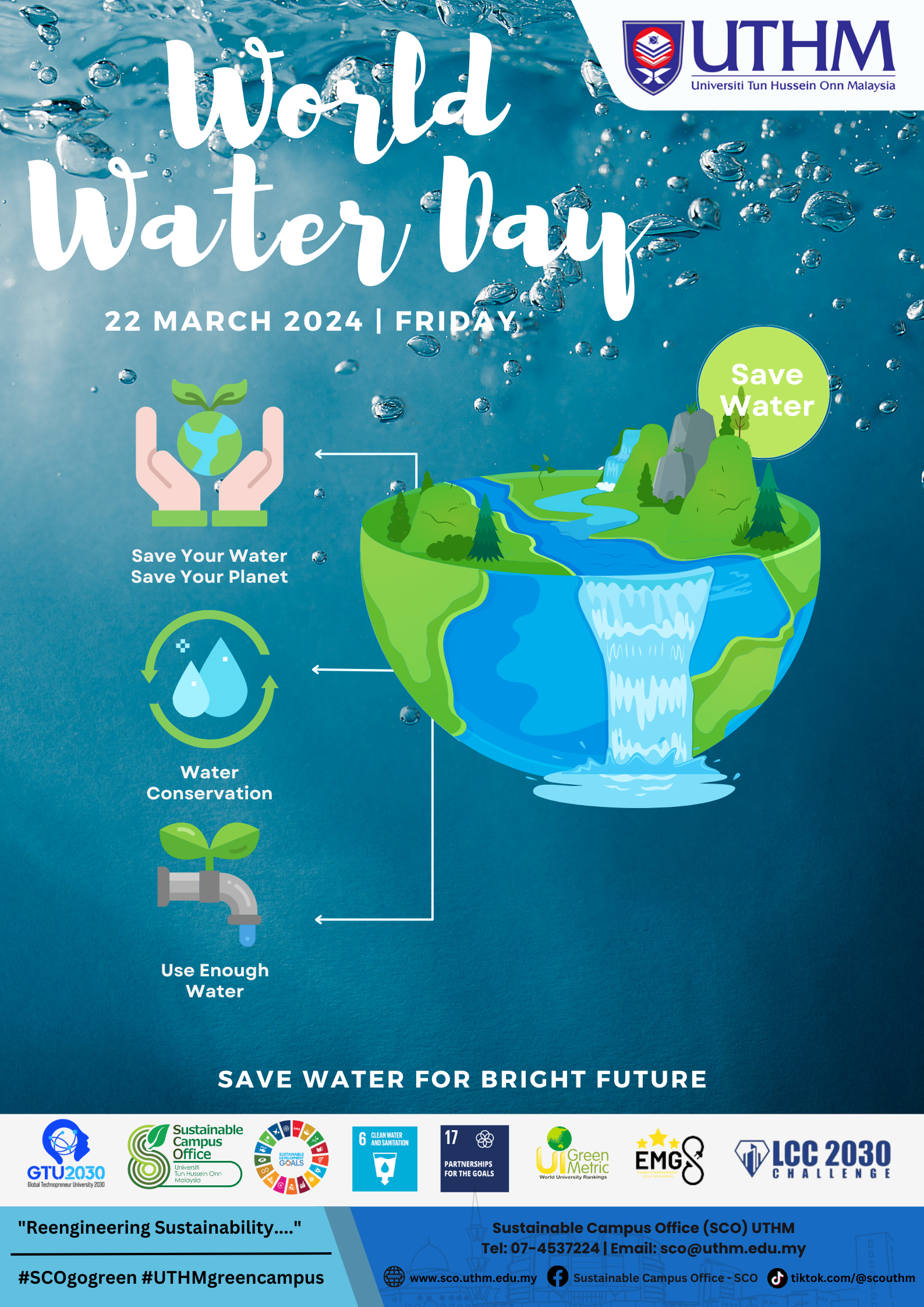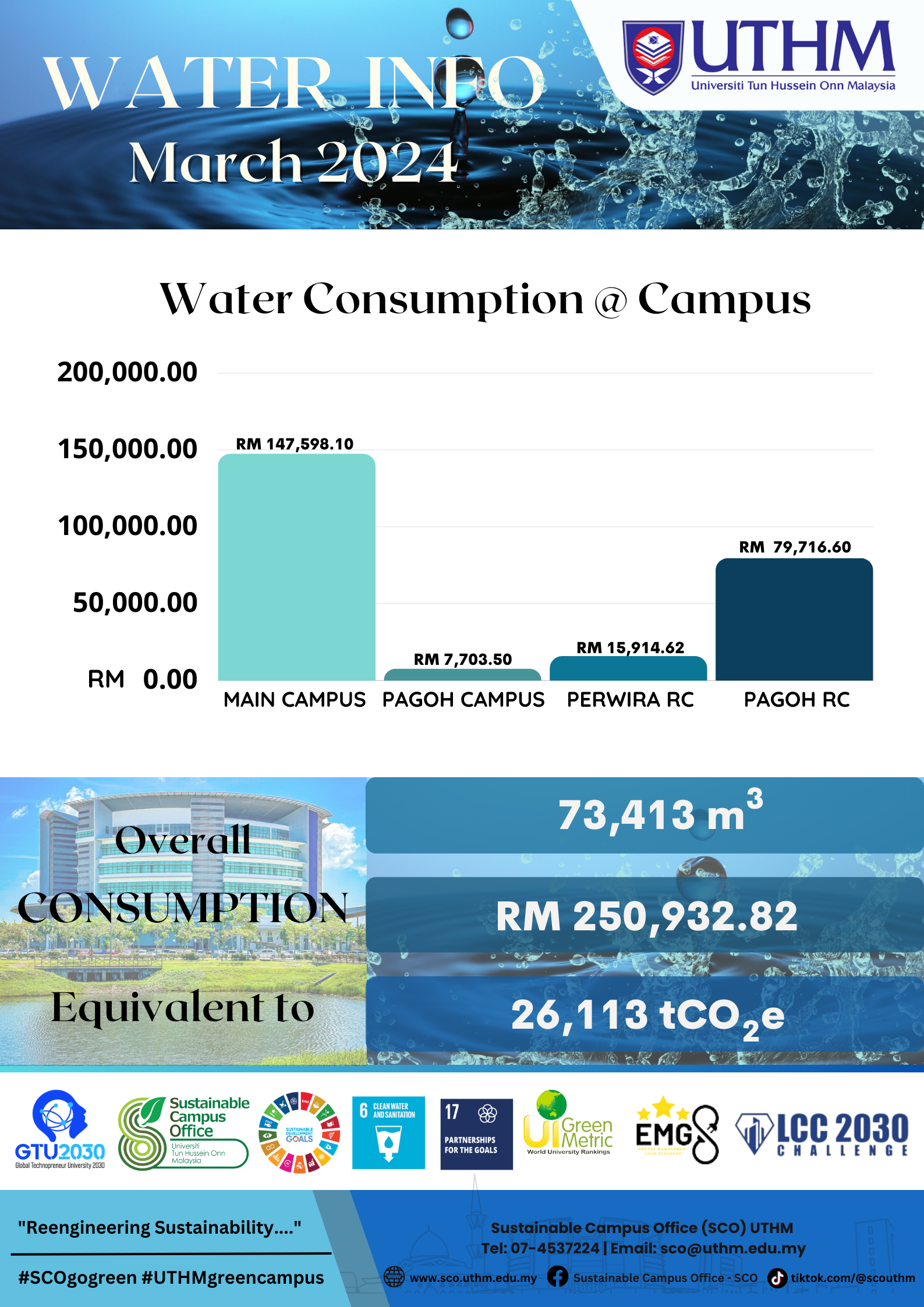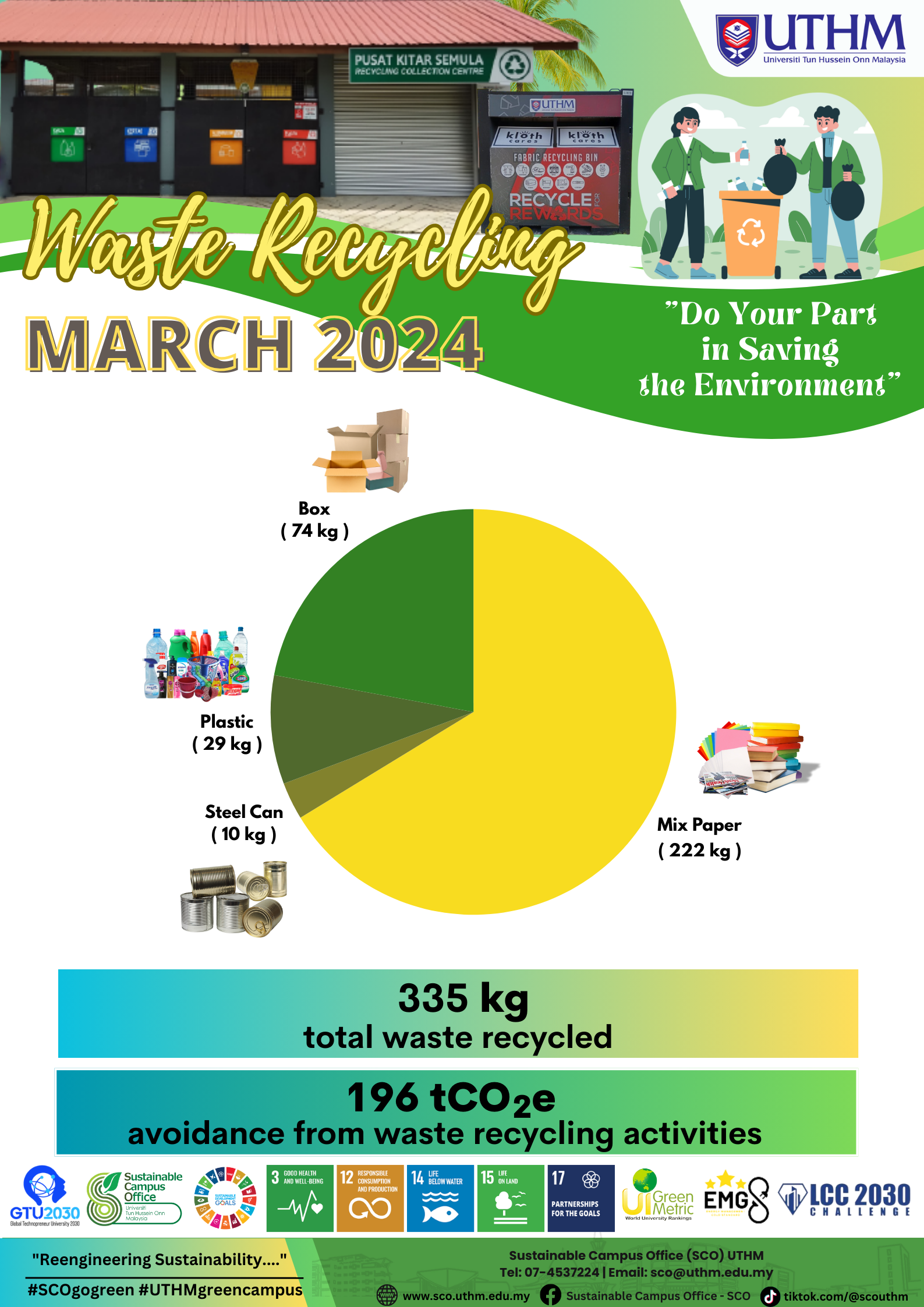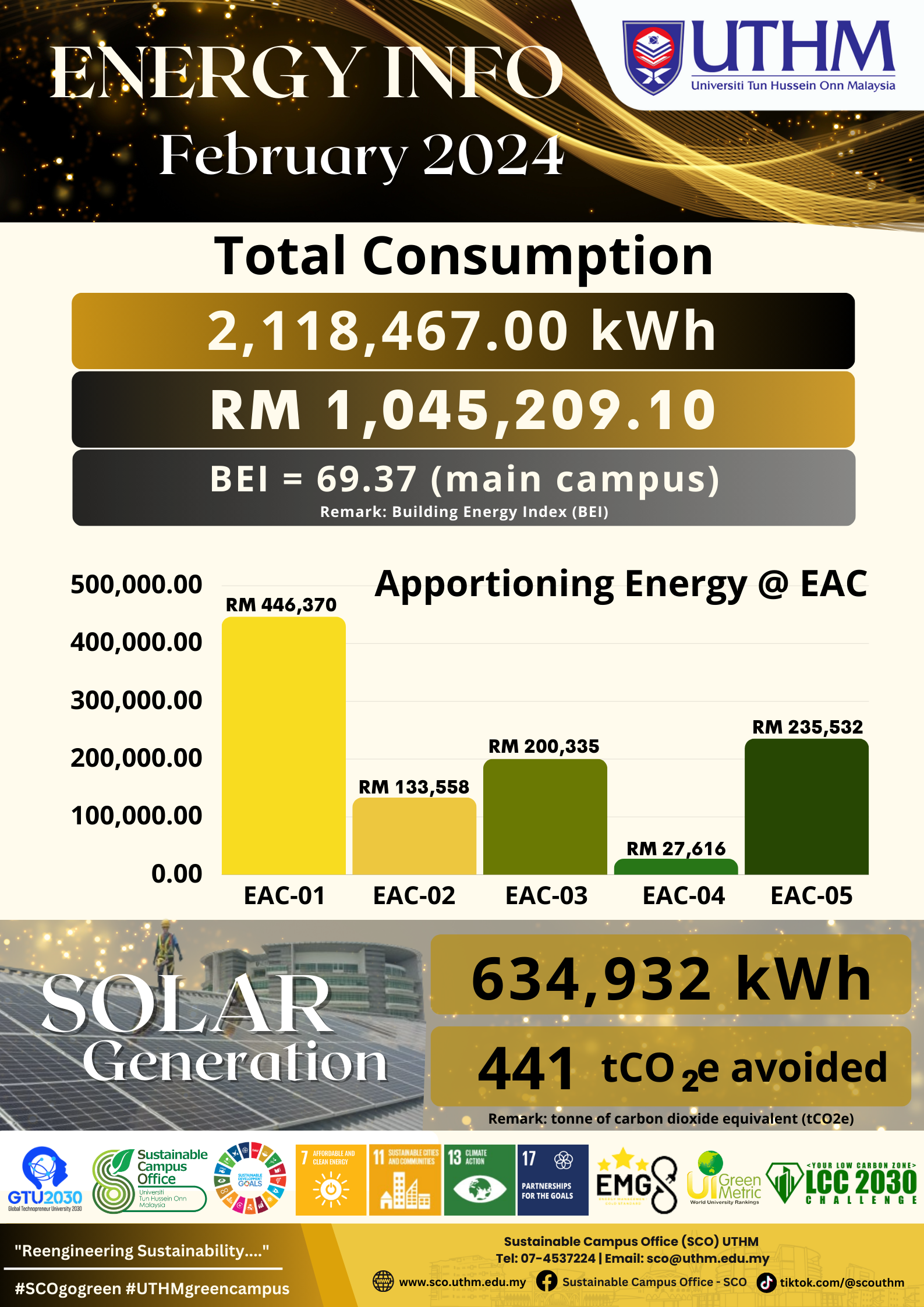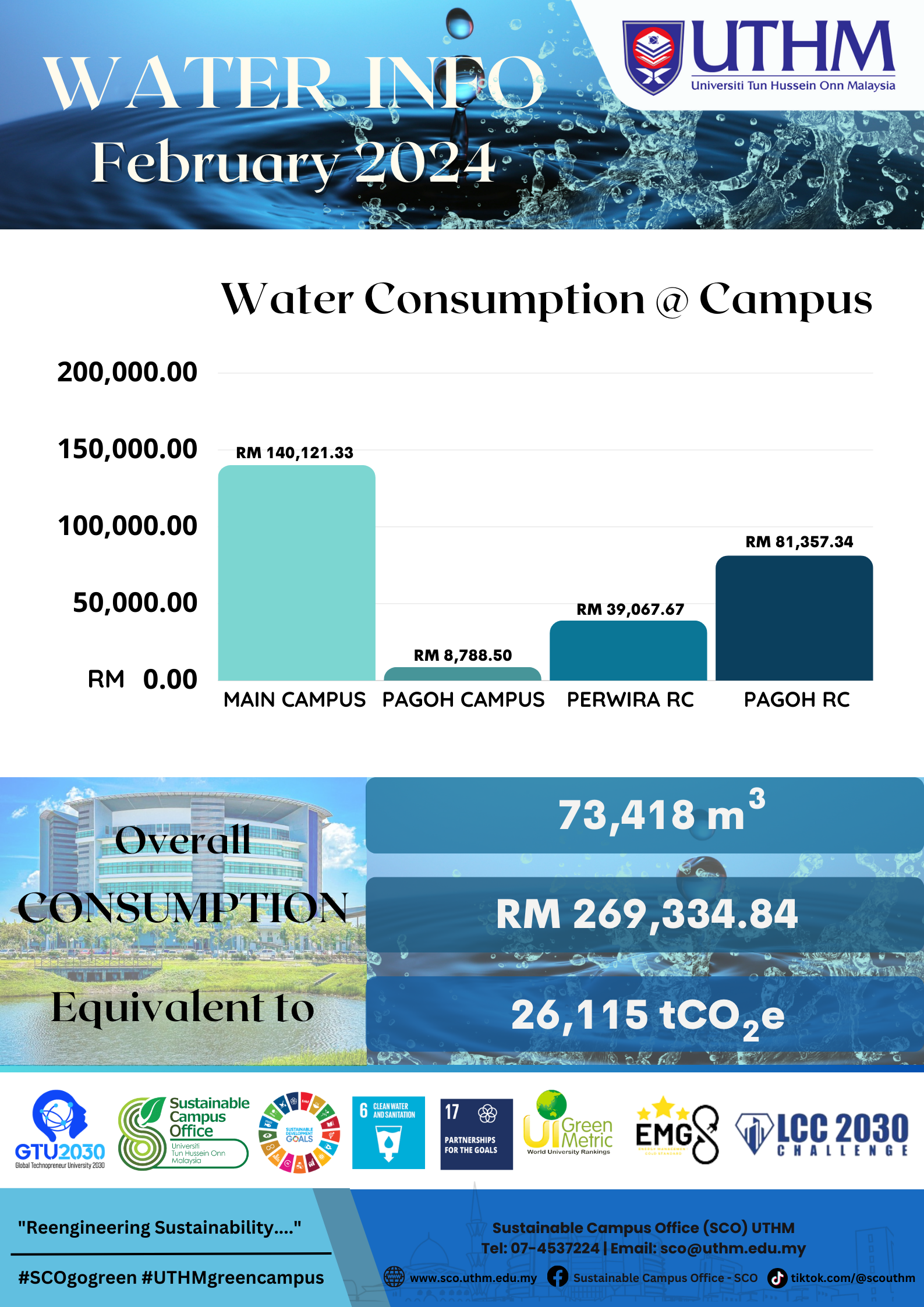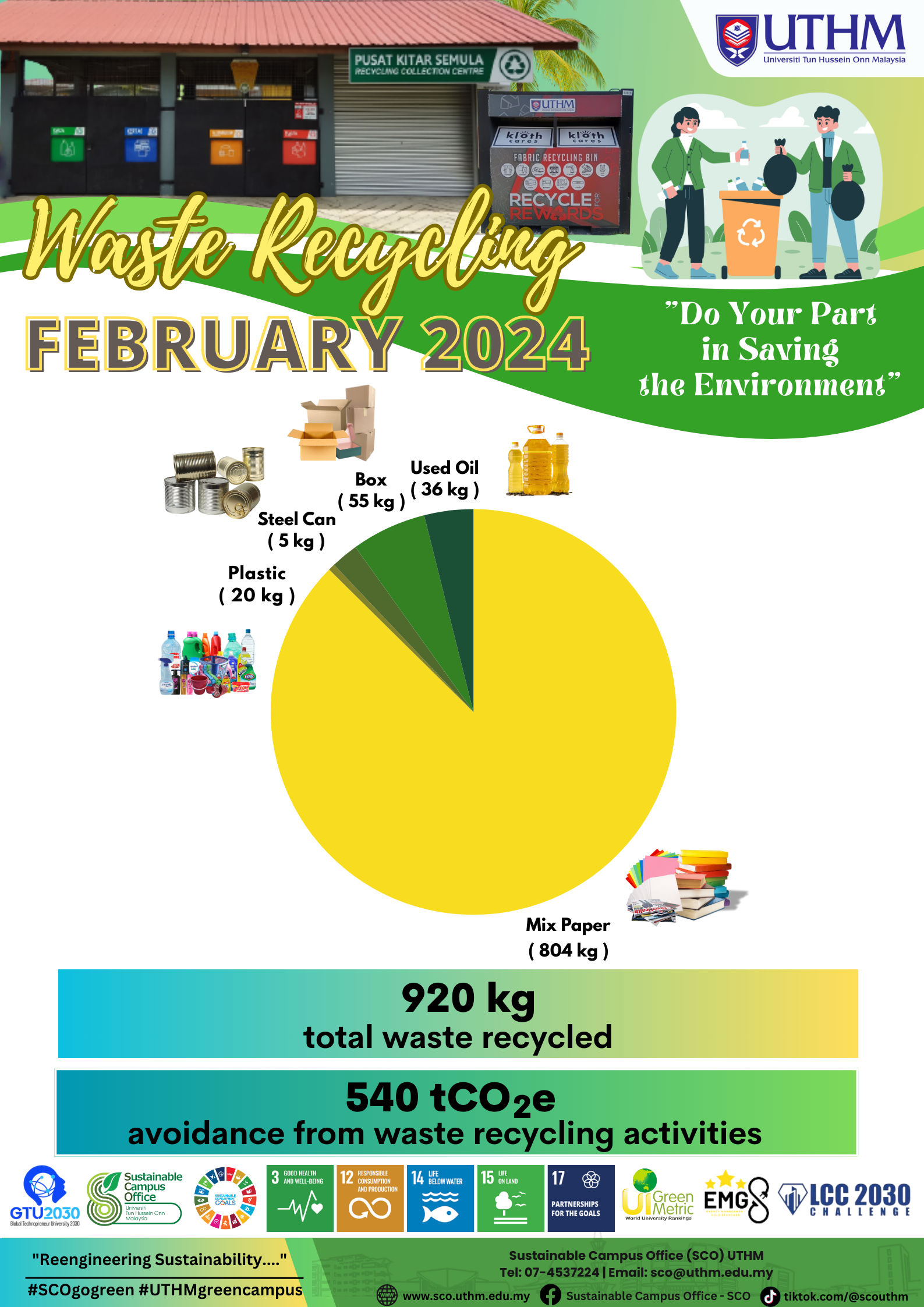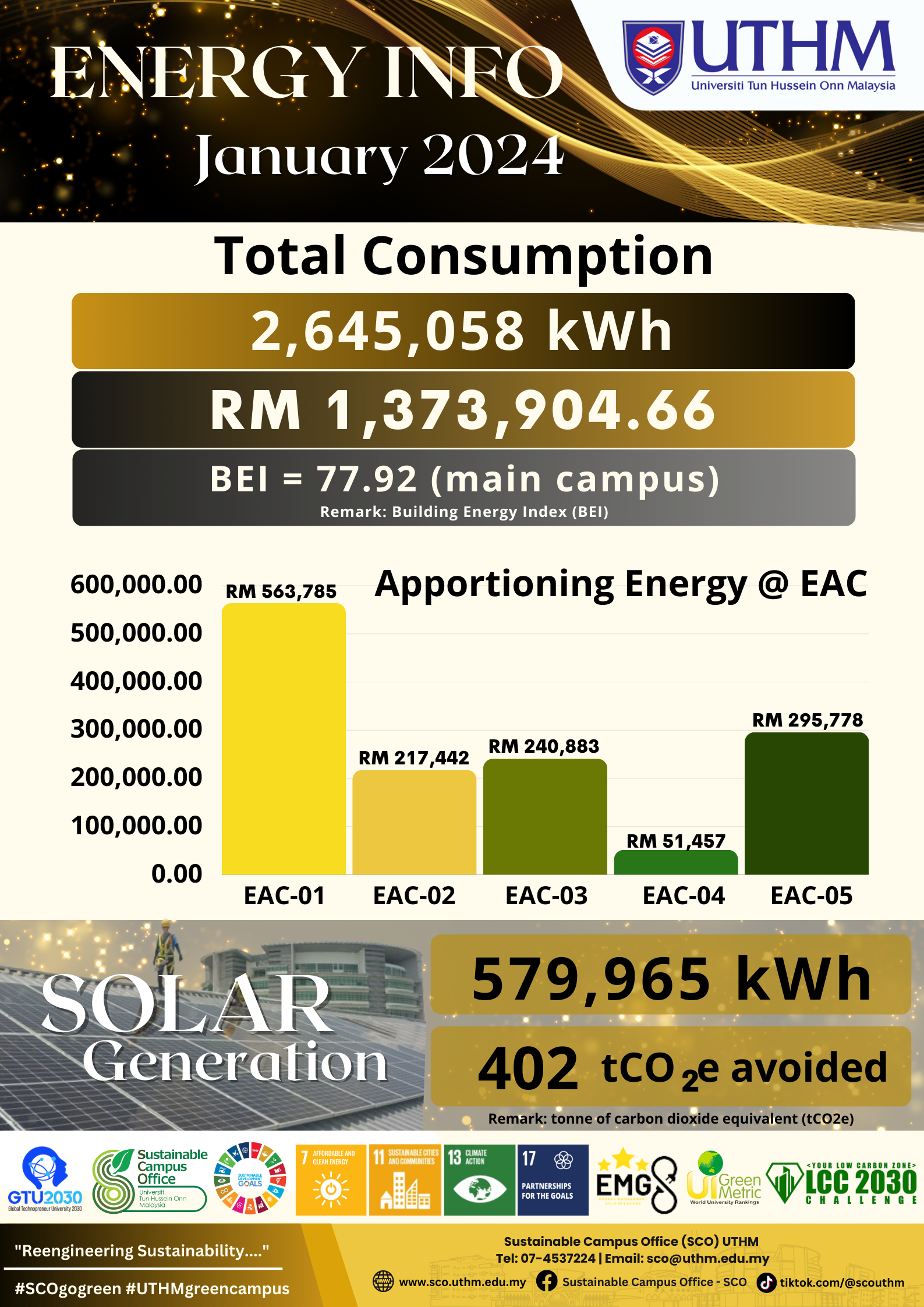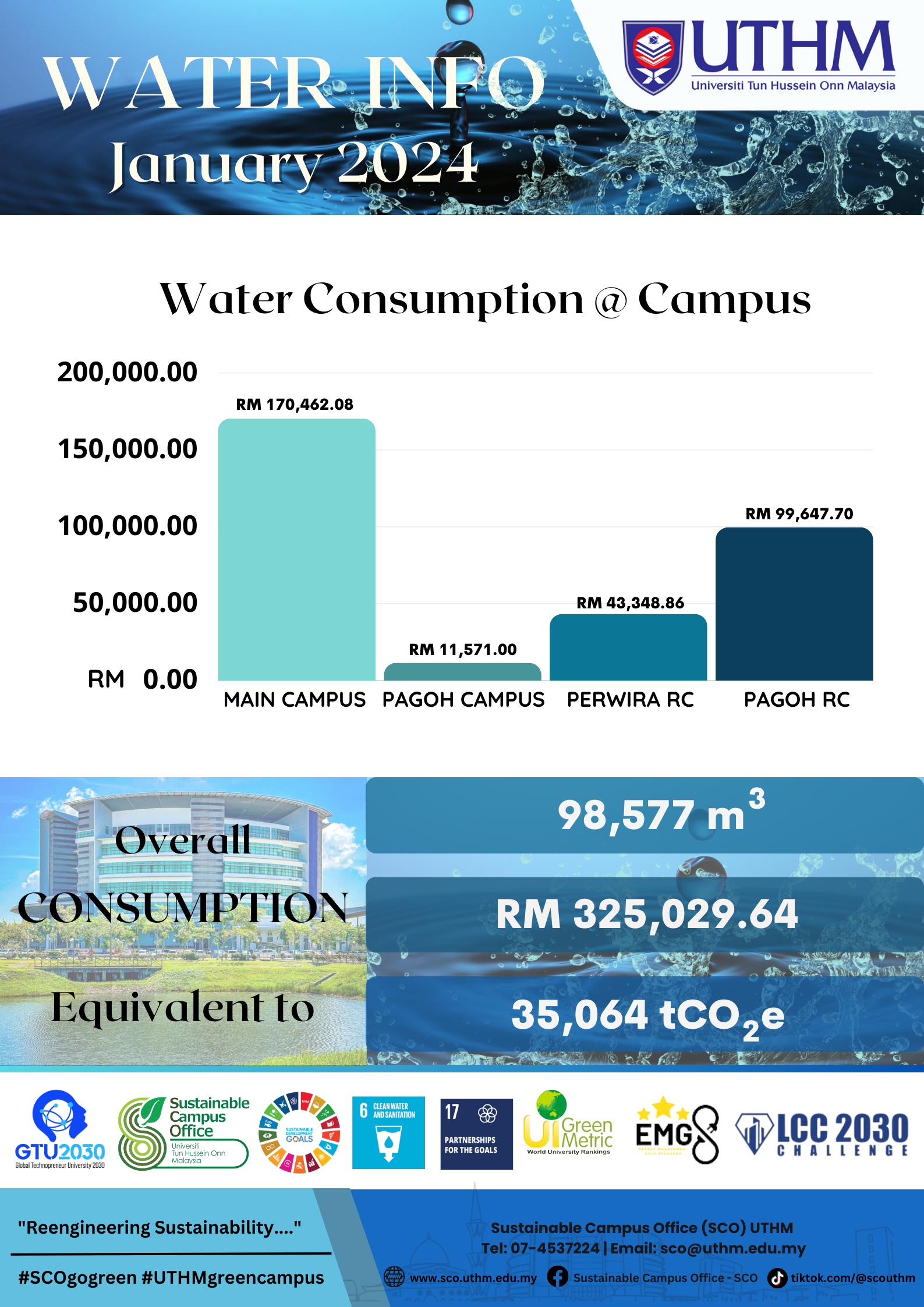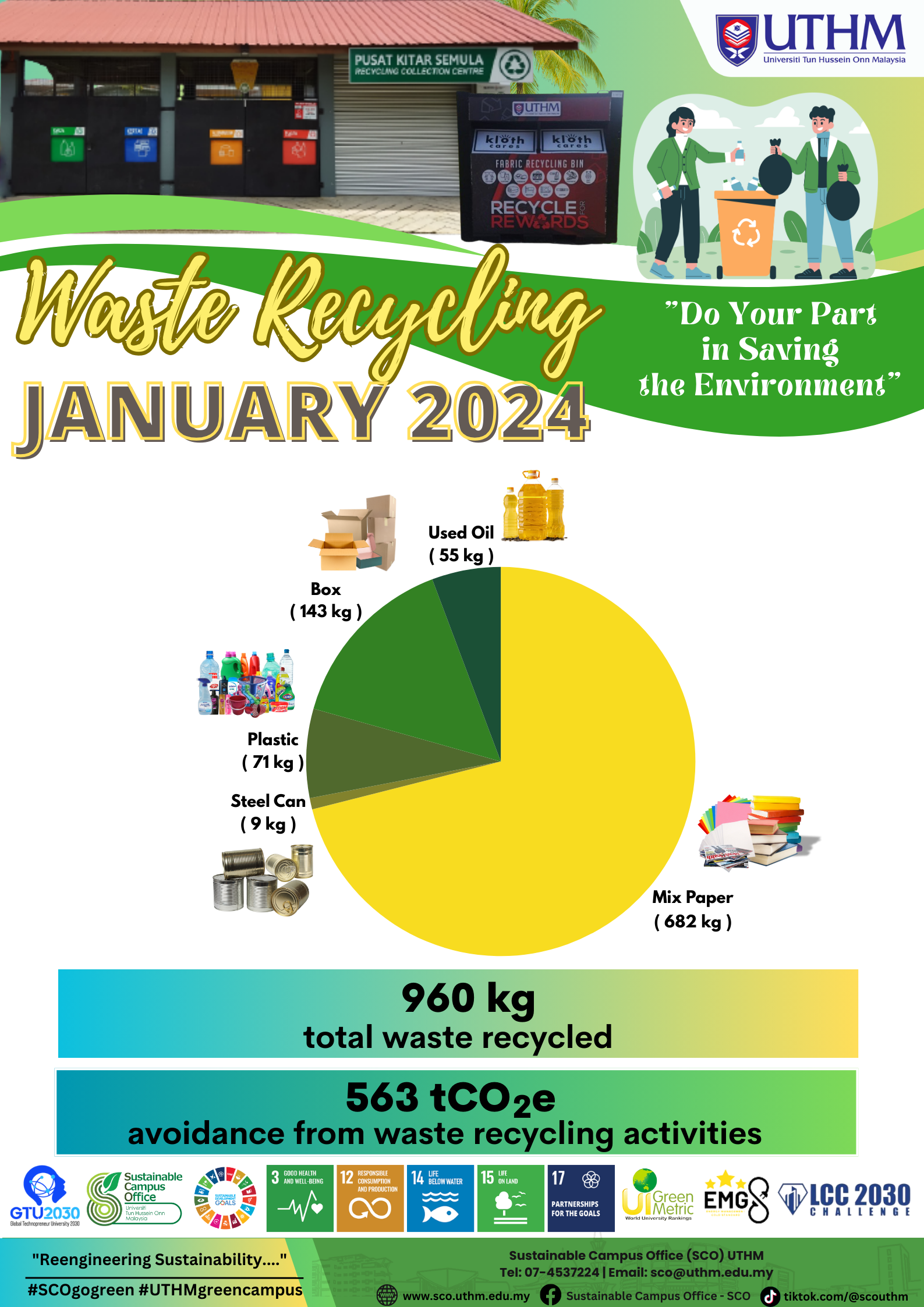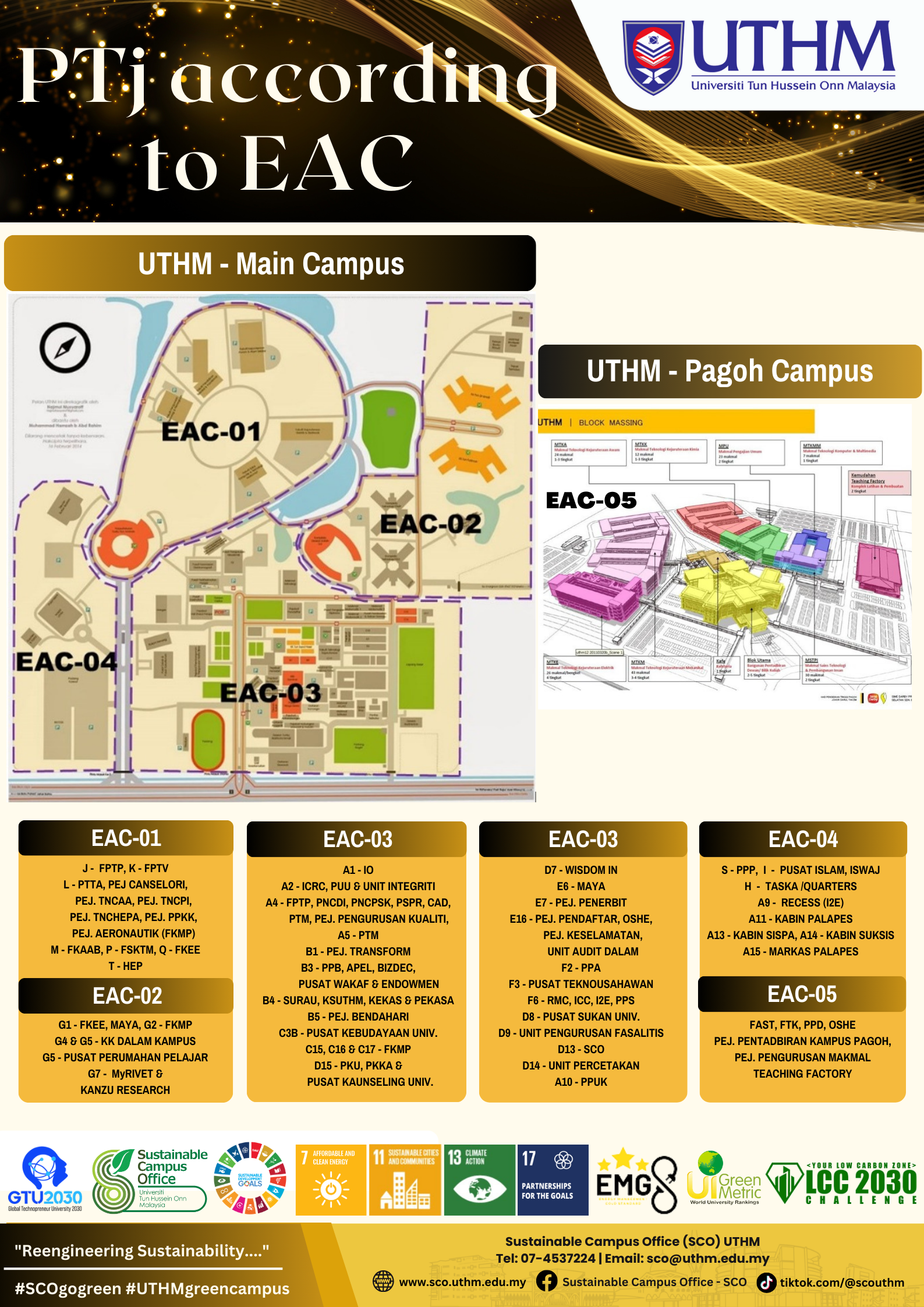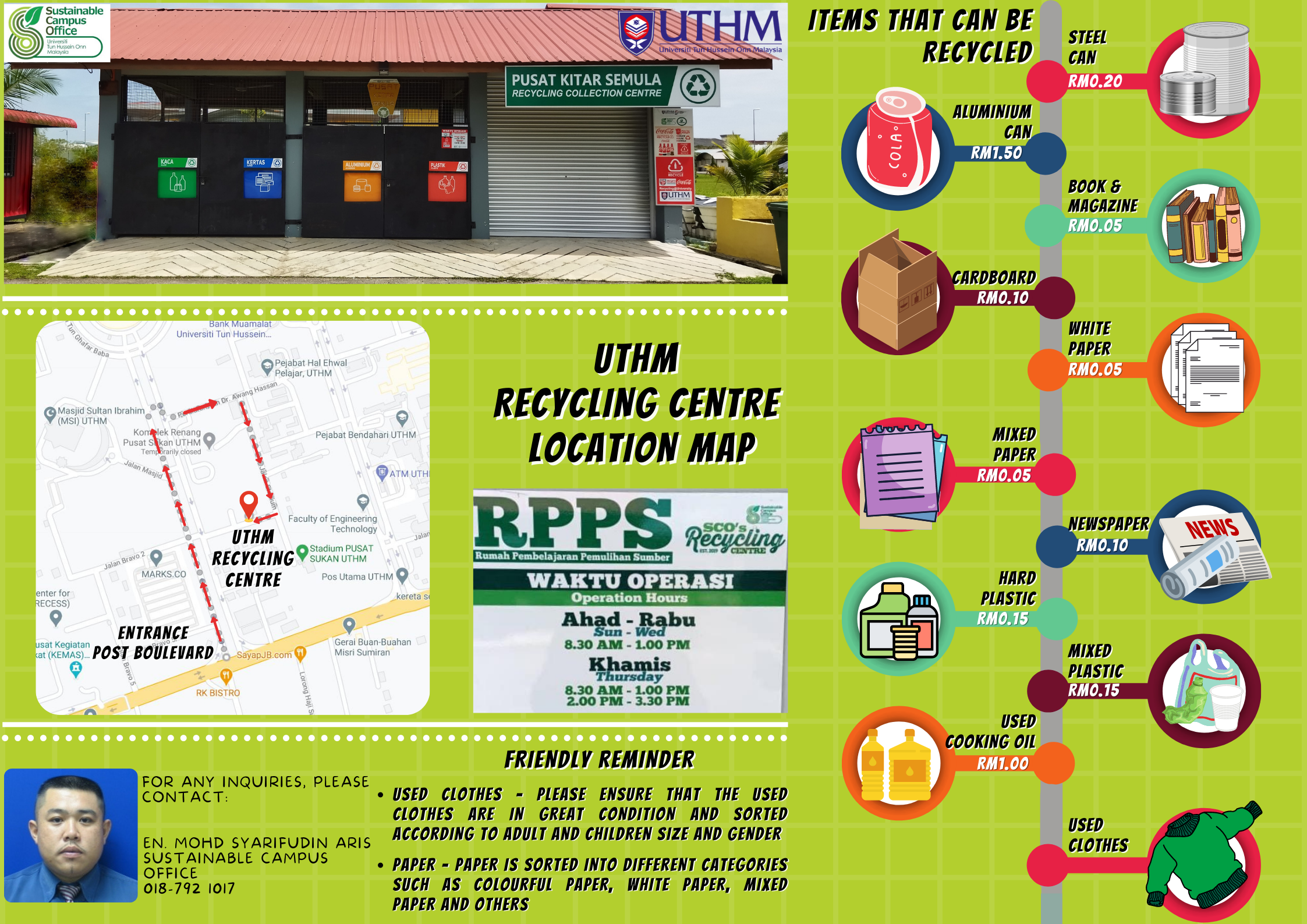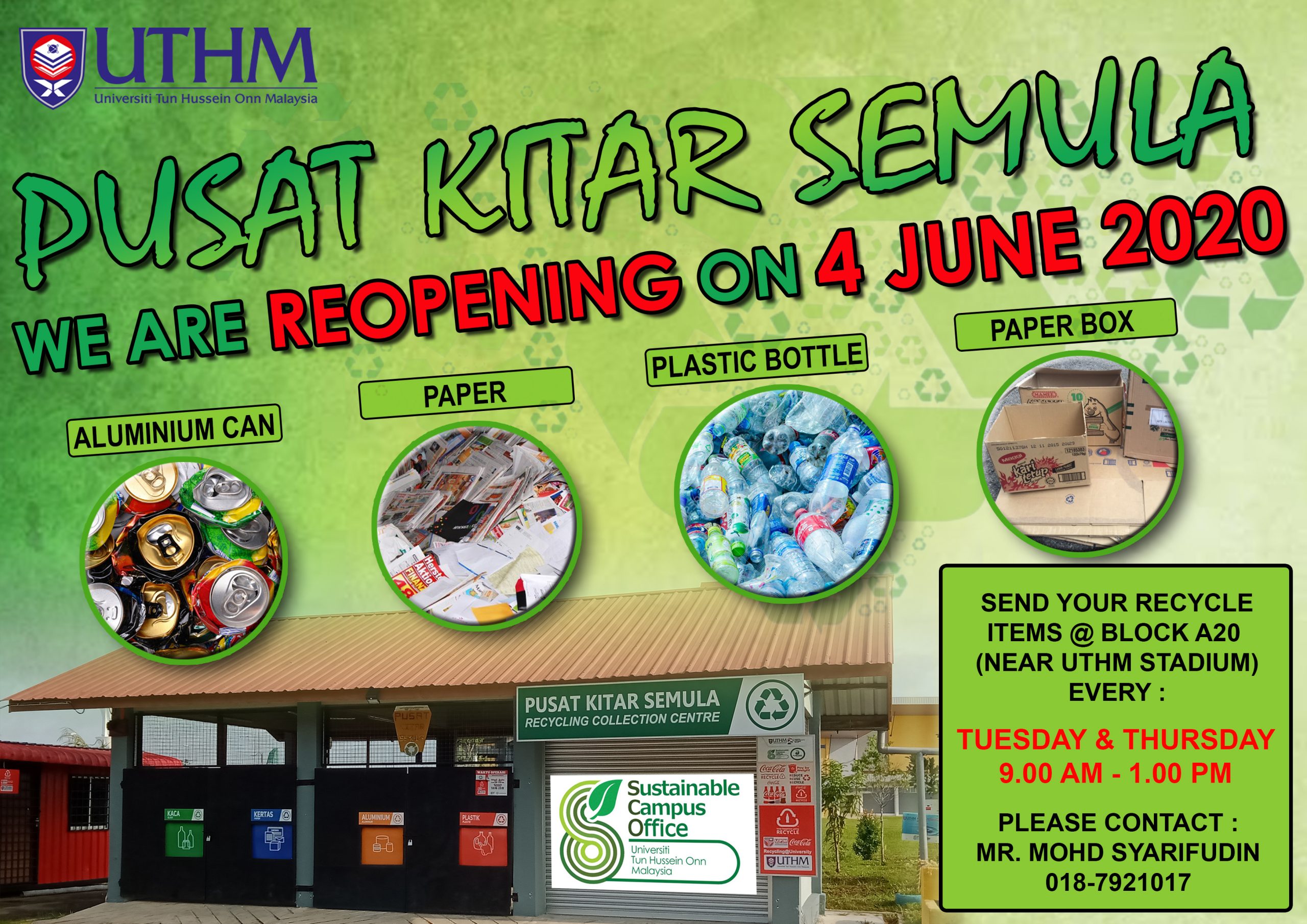Sustainability in the Quran
1. Adl (Justice) – governing human relationships and other living creatures;
2. Mizan (Balance) – ensuring the equilibrium of nature, use of resources and
life cycle of all species;
3. Wasat (Middleness) – choosing the middle path in economic planning, social conduct,
scientific pursuits, ideological views, material, water, and energy consumption;
4. Rahmah (Mercy) – governing all aspects of human relationships and treatment of all
living animals, plants, and insects including micro-organisms;
5. Amanah (Trustworthiness and custodianship) – Humankind is considered to
be a trustee appointed by the Creator, for all earth’s assets;
6. Taharah (Spiritual purity and Physical cleanliness) – generating contented
individuals through spiritual purity and conscious of the presence of his/her Creator.
7. Haq (Truthfulness and Rights) – Truthfulness in all dealings that recognises the respective rights of others (humans, animals, and plants); and
8. Ilm Nafi’ (usefulness of knowledge and science) – Knowledge, whether theological,
scientific or technological, must be beneficial to others (individuals and society) including future generations.
